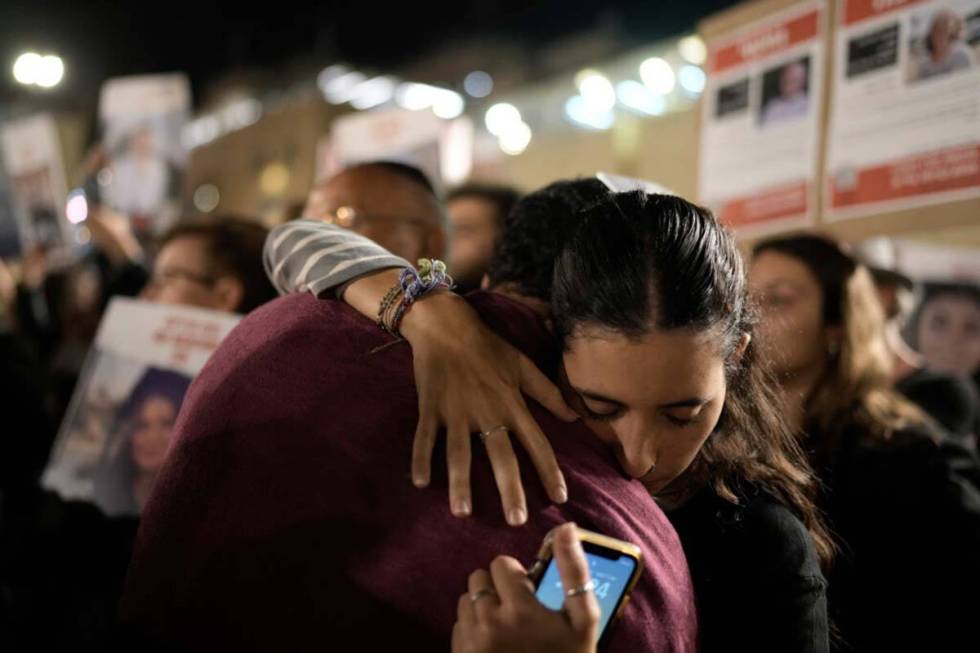Mental health crisis is the ‘biggest and most serious mental health event’ in Israel’s history

Israeli Minister of Health Uriel Busso was appointed to his post about a week after the country declared war against Hamas following the terrorist attack that killed 1,400 and resulted in more than 240 hostages taken.
Since Oct. 7, hospitals in Israel have treated approximately 6,000 people injured by the extensive rocket fire that reached almost every area of Israel.
“The health system was the first to come to its senses on the first terrible day of the war,” Busso said. “In all the drills they did in the hospitals until the outbreak of the war, the worst estimates talked about a scenario of 150 to 200 wounded arriving at the emergency room at once. In practice, on that horrific Saturday, 700 wounded arrived at Soroka hospital in one day, a number that kept growing. All this was carried out when many of the medical and nursing staff members had family members or friends who were murdered, kidnapped or injured in the war. I get chills when I talk about it.”
Over the past month, Busso, a father of six who also served as a lieutenant in the Israeli Defense Forces, has visited hospitals and hotels where tens of thousands of massacre survivors and evacuees from towns near Gaza and Lebanon are staying.
“We are all traumatized now”
In addition to the physical wounds, Busso said the ongoing mental health and mental trauma of the Israeli population remain one of the most difficult problems facing the country.
“The mental health crisis in the war is the biggest and most serious mental health event in the country’s history,” Busso said. “Mental crises do not only afflict those who were in the communities around Gaza and their families but also many Israeli citizens who did not experience the horrors firsthand. We are all in a certain state of anxiety, we are all traumatized now.
“For example, a woman living in Beit Shemesh approached me in Bnei Brak who looked very frightened and asked to speak with me. She told me that she is not only afraid of the missiles but also of the air raid sirens themselves, and this is a woman who is in a mental crisis just because of the sirens. There are many like her.”
According to Busso, the Ministry of Health plans to launch several programs to address psychological needs — including reaching out to those who may need mental health services instead of waiting for those individuals to seek treatment. He also said the department plans to hire thousands of therapists with bachelor’s degrees in psychology and mental health to work as “psychological mentors.”
Busso also says he plans to prioritize other changes in the country’s health care system once the war ends.
“After the war, the state’s view of the health system must go up a notch,” he said. “I am not prepared to remain in a situation where an Israeli citizen waits three to four months for an MRI scan; it is a matter of life and death. Shortening the queues will be my top priority after the war, and even more so after everyone understands that health cannot be separated from security.”
Israel Hayom is owned by the Adelson family, including Dr. Miriam Adelson, which also owns the Review-Journal.